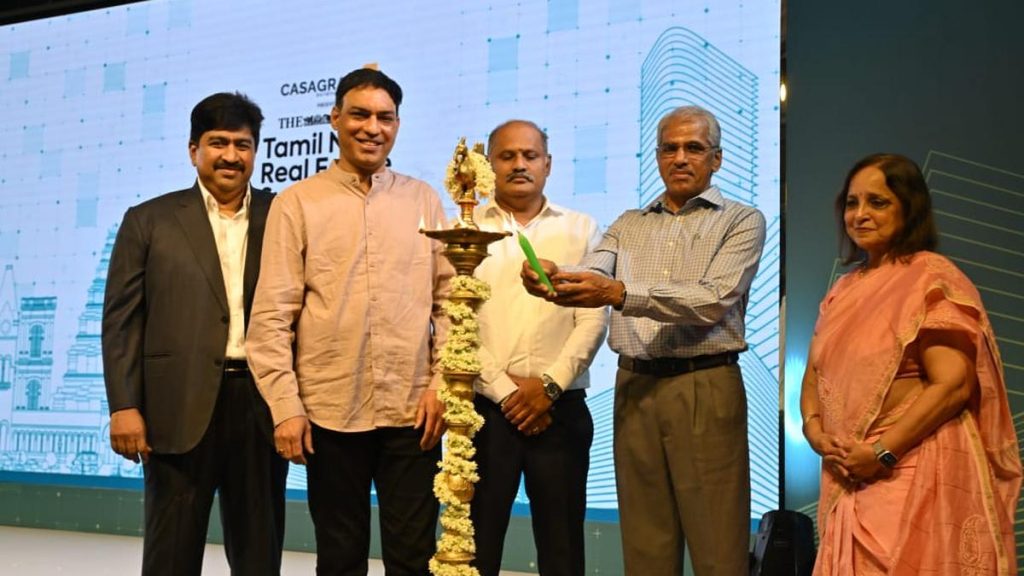Now Reading: From Luddites to AI Critics: A History of Resisting Technology
-
01
From Luddites to AI Critics: A History of Resisting Technology
From Luddites to AI Critics: A History of Resisting Technology

Quick Summary
- The Luddites were skilled workers in early 19th-century Britain who protested technological advancements-such as industrial textile machinery-that threatened their livelihoods.
- Their protests involved breaking factories’ knitting frames and looms, which they felt degraded craftsmanship, working conditions, and wages.
- Initially inspired by the folk hero Ned Ludd, the Luddites symbolized resistance against a system that devalued artisan labor for cheaper factory production.
- The Industrial Revolution worsened unemployment through mechanization; factory jobs often exploited children under harsh conditions with little legal protection.
- Despite attempts to negotiate and publicize their cause, the movement faced fierce suppression by manufacturers and the British government. Troops were deployed to crush protests; severe punishment included hangings and exile.
- Although they failed to halt industrial advancements, terms like “Luddite” became associated with opposition to technology rather than its misuse.
- Connections have been drawn between modern resistance movements like PauseAI or Algorithmic Justice League-which challenge AI’s societal implications-and ancient Luddite struggles.
!Image of Rawfords Mill
Illustration of rawfords Mill near Huddersfield in 1810, one of the first mechanized textile mills attacked by Luddites
source: Hulton Archive/Getty images
!Engraving showing Luddite protest
1813 engraving depicting Luddite textile workers protesting against mechanized looms.
Artist: Hablot Knight Browne | Source: Bridgeman Images
Indian Opinion Analysis
The history of the Luddites illustrates how rapid technological advancement can destabilize traditional industries, leading to fears over job displacement-a theme increasingly relevant today as India adapts to its own modern transformations fueled by AI and automation. Much like 19th-century British artisans struggling for fair employment amid industrialization, Indian sectors such as manufacturing or IT may see similar disruptions from emerging technologies.
india’s significant youth workforce needs policies addressing skill transitions tailored for an AI-driven economy.Regulatory frameworks could play a role in mitigating exploitation risks while ensuring innovation benefits remain accessible across socioeconomic strata. As newer tech-skeptic organizations echo concerns about technology amplifying inequality globally (as seen with AI-related layoffs or biases), balancing human value within corporate progress holds essential lessons from both history and India’s present tech-economic ambitions.
Aligning advancement strategies with ethical governance could prevent unrest among marginalized groups while creating inclusive economic opportunities in India’s conversion journey.

























